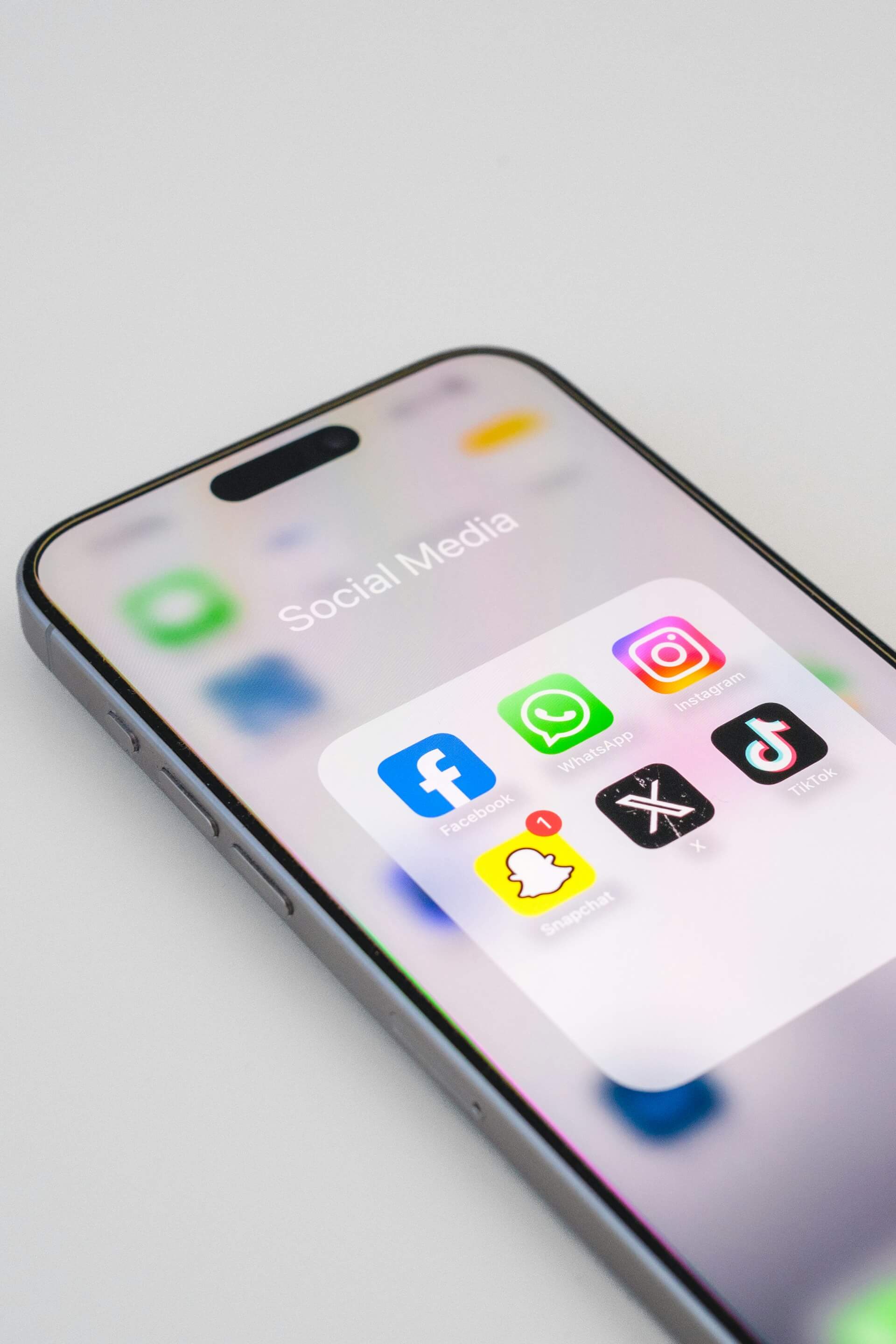Our Mission
As the first step of our journey, we have established a non-profit association (French "loi 1901") with a singular mission: to challenge manipulative design practices in technology that foster addiction, and to empower the next generation to reclaim their time and focus from compulsive scrolling.
Our name, Time Left, signifies both the opportunity we have to enact change and the moments lost to our digital experiences. We chose the non-profit structure to ensure that a portion of the revenue from the Napoleon app directly supports this broader goal, helping young people reduce screen addiction and reclaim their time.

Where We Are Now & What We Stand For

Time Left is brand new (May 2025). We've just created it, and we're still building the foundation. We haven't launched programs yet but we're starting by supporting established nonprofits in the space and laying the groundwork for future campaigns.
For now, 50% of proceeds from the Napoleon app go here and we'll publish how that money is spent with full transparency.
Time is sacred
...thus, we advocate for its conscious use and for designs that don't exploit our attention.
Attention is hijacked daily
...with platforms frequently built to seize it, sidestepping true user awareness and deliberate choice.
Boredom is essential
...as it creates opportunities for introspection and creative thought, which are fundamental to a healthy mental state.
Making Technology Our Ally
...so it consistently empowers user choice and amplifies human potential, steering clear of designs that diminish them.
Where the Money Goes
Here's how we currently plan to allocate all funds sent to the Time Left association:
Donations
To existing organizations already doing impactful work on screen addiction, youth mental health, and digital well-being. See list on the right.
Programs & Operations
To develop our own initiatives: educational content, public outreach, and research-backed content to shift behavior. Learn more about our Roadmap below. Admin, tools, reporting, and keeping the lights on.
(Note: These percentages may evolve as we learn and grow.)
Organisations we look to support
- surexpositionecrans.fr↗
- e-enfance.org↗
- 10jourssansecrans.org↗
- alertecran.org↗
- rebootandrecover.org↗
- humanetech.com↗
- livemorescreenless.org↗
- screenpeace.org↗
- asso-generationnumerique.fr/association/↗
- addictions-france.org↗
Want to add yours? Reach out at contact@timeleft.ong
How We Stay Accountable
We're a small team now, but we commit to:
Publishing reports on how funds are used
Add an independent advisory board in 2025
Roadmap: Our Impact
Depending on our progress and funding, here are the areas we hope to build programs around to reduce screen addiction.
Research
Screen Time Impact Studies
Commission or conduct research on the cognitive, emotional, and social effects of screen addiction especially in teenagers.
Data Transparency
Investigate how platforms design for addiction, and publish accessible reports that expose persuasive tech mechanisms.
Youth Behavioral Insights
Partner with schools or universities to run qualitative studies or surveys on how young people use time and what they value.
Awareness Campaigns
Public Campaigns
Launch visual, shareable campaigns (like "Own Every Minute" or "It's Time") on social platforms, in schools, and in public spaces.
Policy Influence
Create easy-to-digest advocacy content aimed at lawmakers, educators, and institutions on the urgency of time protection.
Teenager and Parent Activation
Digital Detox Challenges
Gamify unplugging, run school-wide competitions or online challenges with social proof and community elements.
Creative Campaign Grants
Fund teens to run their own anti-scroll campaigns in their schools or cities. Let them design the message.
Workshops & Guides
Develop no-BS resources that help parents understand persuasive tech and actually shift behavior, not just complain about it.
Peer Mentoring Networks
Enable parents to support each other locally or online with tested tactics, accountability, and shared experiences.
Tools & Cultural Reframing
Tools
Distribute physical products and tools (e.g. phone jails boxes, distraction blockers).
Brand Partnerships
Collaborate with aligned brands (e.g. in wellness, education, outdoor, productivity) to spread the message through their audiences.
Frequently Asked Questions
Want to help?
We're looking for educators, researchers, and organizations already working on screen addiction, digital wellness, and youth attention.
If that's you, or you know someone we should talk to, reach out at contact@timeleft.ong.
Resources
Foundational Readings for Understanding and Navigating the Attention Economy.
Digital Minimalism: Choosing a Focused Life in a Noisy World
Cal Newport, 2019
Ten Arguments For Deleting Your Social Media Accounts Right Now
Jaron Lanier, 2018
Alone Together: Why We Expect More from Technology and Less from Each Other
Sherry Turkle, 2017
Glow Kids: How Screen Addiction Is Hijacking Our Kids - and How to Break the Trance
Nicholas Kardaras, 2016
How to Do Nothing: Resisting the Attention Economy
Jenny Odell, 2019
How to Break Up with Your Phone: The 30-Day Plan to Take Back Your Life
Catherine Price, 2018
The Shallows: What the Internet Is Doing to Our Brains
Nicholas G. Carr, 2010
Notes on a Nervous Planet
Matt Haig, 2018
Your Brain on Porn: Internet Pornography and the Emerging Science of Addiction
Gary Wilson, 2014
Indistractable: How to Control Your Attention and Choose Your Life
Nir Eyal, 2019
Irresistible: The Rise of Addictive Technology and the Business of Keeping Us Hooked
Adam Alter, 2017
The Age of Surveillance Capitalism: The Fight for a Human Future at the New Frontier of Power
Shoshana Zuboff, 2019
The Coddling of the American Mind
Jonathan Haidt and Greg Lukianoff, 2018
Weapons of Math Destruction: How Big Data Increases Inequality and Threatens Democracy
Cathy O'Neil, 2016
Dopamine Nation: Finding Balance in the Age of Indulgence
Anna Lembke, 2021
You Should Quit Reddit
Jacob Desforges, 2023